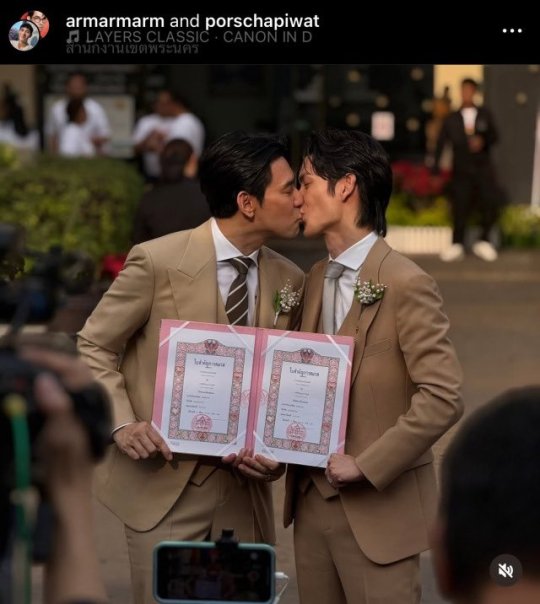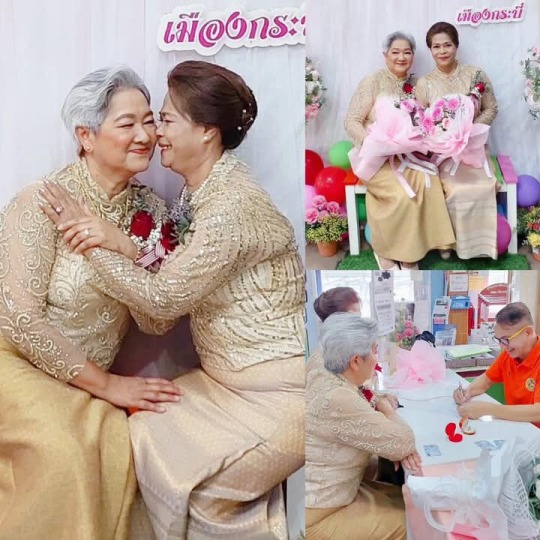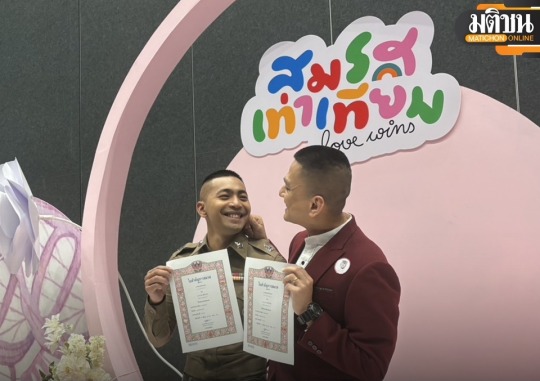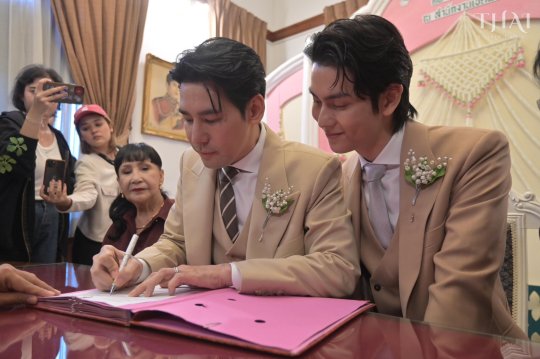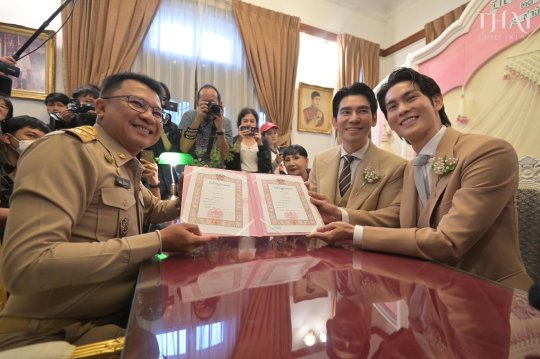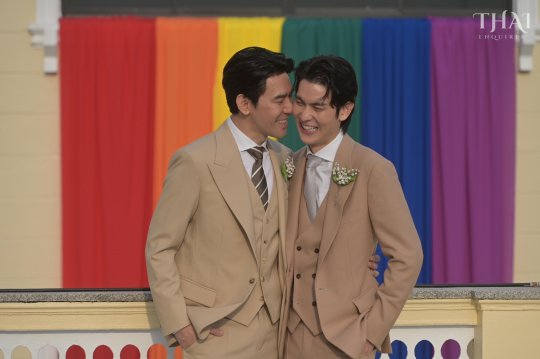ADHD extraordinaire and writer of a deliciously queer, witchy YA fantasy novel; almost done editing!
Don't wanna be here? Send us removal request.
Text
I just read that Donald Trump and his circus took down a website called reproductiverights.gov
This was a website to help women learn about their reproductive rights in the US and to find health care.
This is absolutely disgusting so I’ll share in this post some resources in case you need them:
https://www.plannedparenthood.org/learn
37K notes
·
View notes
Text
If my main character's name gets autocorrected to Book one more time...
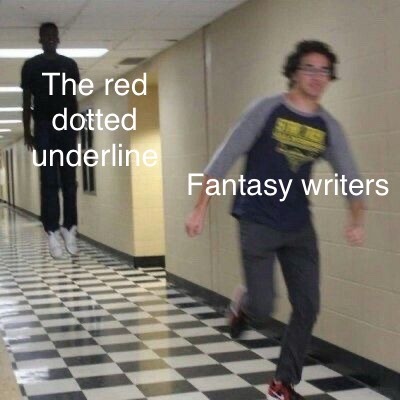
Leave me and my weird names in peace
11K notes
·
View notes
Text
my 10 holy grail pieces of writing advice for beginners
from an indie author who's published 4 books and written 20+, as well as 400k in fanfiction (who is also a professional beta reader who encounters the same issues in my clients' books over and over)
show don't tell is every bit as important as they say it is, no matter how sick you are of hearing about it. "the floor shifted beneath her feet" hits harder than "she felt sick with shock."
no head hopping. if you want to change pov mid scene, put a scene break. you can change it multiple times in the same scene! just put a break so your readers know you've changed pov.
if you have to infodump, do it through dialogue instead of exposition. your reader will feel like they're learning alongside the character, and it will flow naturally into your story.
never open your book with an exposition dump. instead, your opening scene should drop into the heart of the action with little to no context. raise questions to the reader and sprinkle in the answers bit by bit. let your reader discover the context slowly instead of holding their hand from the start. trust your reader; donn't overexplain the details. this is how you create a perfect hook.
every chapter should end on a cliffhanger. doesn't have to be major, can be as simple as ending a chapter mid conversation and picking it up immediately on the next one. tease your reader and make them need to turn the page.
every scene should subvert the character's expectations, as big as a plot twist or as small as a conversation having a surprising outcome. scenes that meet the character's expectations, such as a boring supply run, should be summarized.
arrive late and leave early to every scene. if you're character's at a party, open with them mid conversation instead of describing how they got dressed, left their house, arrived at the party, (because those things don't subvert their expectations). and when you're done with the reason for the scene is there, i.e. an important conversation, end it. once you've shown what you needed to show, get out, instead of describing your character commuting home (because it doesn't subvert expectations!)
epithets are the devil. "the blond man smiled--" you've lost me. use their name. use it often. don't be afraid of it. the reader won't get tired of it. it will serve you far better than epithets, especially if you have two people of the same pronouns interacting.
your character should always be working towards a goal, internal or external (i.e learning to love themself/killing the villain.) try to establish that goal as soon as possible in the reader's mind. the goal can change, the goal can evolve. as long as the reader knows the character isn't floating aimlessly through the world around them with no agency and no desire. that gets boring fast.
plan scenes that you know you'll have fun writing, instead of scenes that might seem cool in your head but you know you'll loathe every second of. besides the fact that your top priority in writing should be writing for only yourself and having fun, if you're just dragging through a scene you really hate, the scene will suffer for it, and readers can tell. the scenes i get the most praise on are always the scenes i had the most fun writing. an ideal outline shouldn't have parts that make you groan to look at. you'll thank yourself later.
happy writing :)
2K notes
·
View notes
Text
Maybe I’m an old man but goddamn, these vampires with blood dripping down their chins–that’s your food!! THAT’S YOUR FOOD!! Close!! Your!! Mouth!! You think some asshole slobbering chicken noodle soup or yogurt or clam chowder all down themselves would be sexy??? What makes you any different, you sticky-stained slackjawed screwball??? Close your mouth!! Use a napkin!! And for godssakes stop looking so smug, like, “Oooo, I’m a creature of the night look at what sustains me” yeah uh huh a fucking lack of basic hygiene is what I’m seeing and it is not impressive!! At all!! My nephews are three years old and they drool less than you do!! You’re how many centuries old?!?! ACT LIKE IT
184K notes
·
View notes
Text
me: i need to sleep. also me: but what if i rewrite that one sentence until it’s perfect and then die of exhaustion at my desk?
236 notes
·
View notes
Text
you have to be at least a little delusional in order to lead a happy life
6K notes
·
View notes
Text
Fortune Teller reading my palm: It just says “yikes.”
184K notes
·
View notes
Text
oh my god...


so the first screenshot is trying to look this up on tiktok normally, "donald trump rigged election" and it says that search violates community guidelines.
the second screenshot is looking up the same exact thing, but with a (australian) vpn on. canadian vpn didn't fix it fyi.
THIS is exactly the type of censorship to be looking out for on tiktok. this actually is crazy.
83K notes
·
View notes
Text
Why, when I am editing my book to cut 1/3 of it, do I find some small things to cut but somehow end up with more ideas that will make it better (and longer)???
1 note
·
View note
Text
My job as the local river statue is to watch the tadpoles hatch and let the moss grow on my partially submerged body. Busy day, better get back to it.

4K notes
·
View notes
Text
Valancing and specificity
I'm gonna geek out about The Story Grid here again, because I have ADHD and specific and granular instructions make my brain go, and The Story Grid is especially good at that and avoiding all the woo-woo "you just have to feel it" bullshit. Okay? Okay.
All right. The latest Story Grid focus has been on descriptions. The book itself is more about plotting and editing, one of the classes they offer now is focused on scene writing, but lately language and description has been on their radar in their emails and Youtube. I dig.
So thing number one has been what they call "valanced language." This is simple. Squeeze descriptors into your nouns and verbs. If the right verb doesn't exist, use an adverb. Don't be scared, they have their place.
For example: "The woman ran down the hall."
Let's start with the first noun. Who was the woman? A secretary? A superhero? A dog groomer? See how each of those examples fills your brain with a distinct idea about why she might be running down a hall? You just fill in all sort of blanks on your own; how she's dressed, what it sounds like as she runs, what she might have in her hands, her expression.
Nice, how about "ran?" How is this woman running, exactly? Is she in a hurry? Is she worried? Is she angry? Does she scurry, or clatter, or jog, or race? If it's a secretary clattering down the hall, that's quite different from a superhero jogging down a hall, or a dog groomer racing down a hall. There are all sorts of implications that come with each, and your brain just fills them all in when the different words are used.
Okay, last, the hall. What kind of hall is it? Is it in a school, a business, a convent, a government building? A secretary clattering down a high school hall has a very different vibe than a hall of the White House. The same with a superhero, or a dog groomer. (Is it just me, or does "The dog groomer raced down the White House hall" scream rom-com? No?)
None of this is to say you have to say "the superhero" every time you refer to your superhero character; if it's established that she's a superhero, you can call her "the woman" or "Agnes." This exercise is to point out what Mark Twain has said: "The difference between the right word and the almost-right word is the difference between the lightning and the lightning bug." It's so much easier to see it with this concrete example.
Now, number two, besides valanced language, the latest Story Grid emails and Youtube vids have been talking a lot about description. About how too much will kill your story, and not like, "You killed it!" but like, "It's dead." They point out that every time you pause the action to describe something, you take a chance that the reader won't put the book down. Readers read for action. They want to know what happens next, not what that tree looks like.
The solution? A few things. Use valanced language; fold your descriptions into the action, don't pause to describe something, note it while you're having the character doing something; and last and most deliciously, use specificity instead of vagueness.
I say "most deliciously" because to me, it is delicious. I love Malcolm Gladwell's podcast Revisionist History, it's such a good braingasm. On one episode I listened to last year, he talked about how country music differs from rock in its ability to pull at people's heartstrings. The main point he gave was specificity -- the lyricist uses very particular imagery to put the listener in the shoes of the singer. I remember thinking that was really interesting, even though I don't like country music myself.
Then Tim Grahl brought up specificity in storytelling. He used this example: "I wanted to show an apartment in disarray, so I was picturing dirty dishes piled in the sink. But rather than just say there were dirty dishes piled in the sink, I have my character wanting to make coffee and finding the French press still caked with yesterday's grounds." That's just beautiful to my mind. It calls up everything you need to see about a place that hasn't been tidied in a while, it gets brought up while the character is doing something, and it has a vibe attached to it. Perfect.
So when you are writing a description, dial down into something particular about the thing you're describing. Traffic sounds? What about a car alarm going off that no one's paying attention to? A crowded cat room at a rescue? What about a calico kitten careening off the other cats after a stuffed mouse? Or cats tucking their paws in to avoid the careening kitten with a stuffed mouse? A boring day at work? How about if the co-worker is flicking paper clips into an empty cup at his desk?
I love stealing from my own life for this kind of thing. It lends some authenticity, I feel. Notice things around you in your life, then when you're writing, think of how to invoke the mood by pulling up one small, particular detail. Then weave that into the narrative, don't stop the action to deliver the picture. Keep the character moving and on-screen, have the description baked into the action somehow. And if it just won't bake in, cut it. Trust your reader to see your world through your character moving through it. Always trust your reader! If they're too dense to get it, you probably don't want them reading your book in the first place.
Anyhow, I am re-editing my first novel (because I want to, and I'm indie so I can), as well as editing my latest novel, and I just cut a couple paragraphs of description from each. In both cases, I dug down and got one particular detail about the descriptions, wove them into the action, and cut the rest. I can definitely see that that scenes are stronger for it, and the visualization of the setting is actually better with fewer but more specific words.
I fucking love what I do.
7 notes
·
View notes
Text
women be watching movies and making meaningful observations
72K notes
·
View notes


